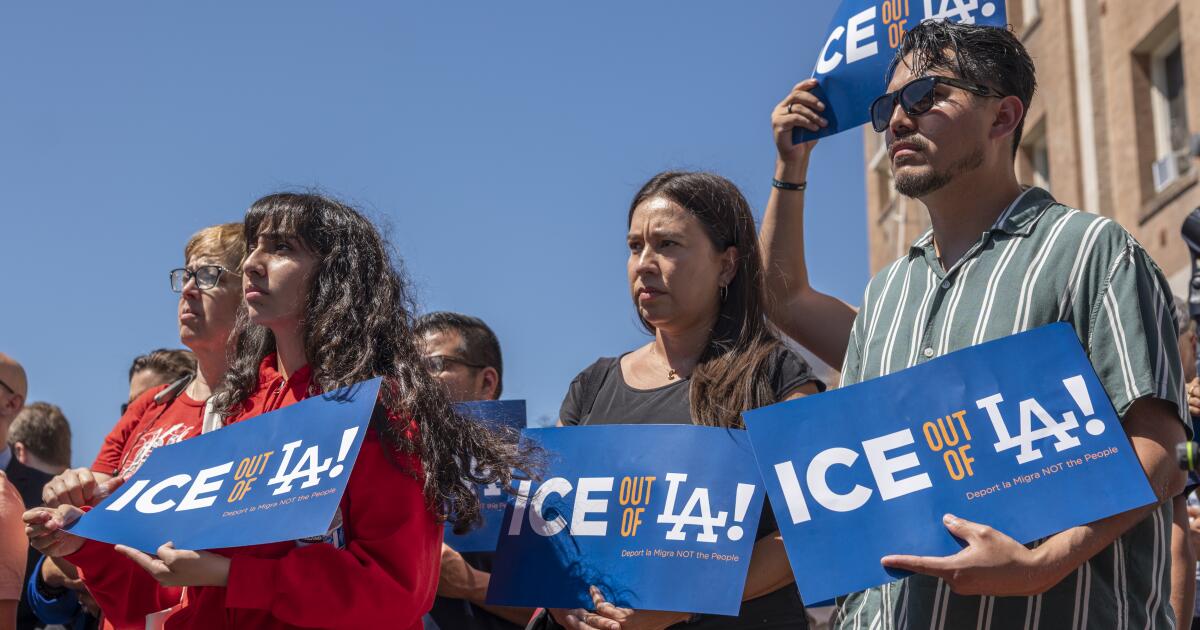Supreme Court Upholds Roving Immigration Patrols, Sparking Outcry in Los Angeles
Supreme Court Upholds Roving Immigration Patrols, Sparking Outcry in Los Angeles

A recent Supreme Court decision has ignited a firestorm of anger and dread among immigrants and their families in Los Angeles, a county where one in three residents are non-citizens. The controversial ruling, issued Monday, greenlights the resumption of ‘indiscriminate’ immigration stops and raids that critics fear will lead to widespread arrests and reignite protests across the region.
Following the Supreme Court’s order, the Department of Homeland Security (DHS) declared its intent to ‘FLOOD THE ZONE in Los Angeles’ with law enforcement. This move has drawn sharp condemnation from immigrant rights groups, Democratic politicians, and legal experts. Los Angeles Mayor Karen Bass labeled the ruling ‘dangerous’ and an ‘attack on every person in every city in this country,’ while Governor Gavin Newsom characterized the high court’s majority as becoming ‘the Grand Marshal for a parade of racial terror in Los Angeles.’
The high court’s decision upholds the ability of federal agents to conduct ‘roving patrols,’ stopping and questioning individuals suspected of being undocumented based on factors like their workplace, Spanish language use, or brown skin. This has raised fears that agents could become even more aggressive, with previous raids already linked to at least two documented deaths. The ruling comes as the Trump administration vows to escalate raids in sanctuary cities nationwide, including Chicago this week.
The impact is particularly acute in areas like car washes and Home Depots, which have been frequently targeted by Border Patrol agents. Despite a previous federal judge’s temporary halt to sweeps using race as a factor, Monday’s ruling allows authorities to continue these tactics while the underlying constitutional issues are litigated in lower courts. Immigrant advocates warn that the decision gives agents ‘carte blanche’ and predict the situation will ‘get ugly,’ exacerbating fears among essential workers and potentially crippling local industries dependent on their labor.
Disclaimer: This content is aggregated from public sources online. Please verify information independently. If you believe your rights have been infringed, contact us for removal.